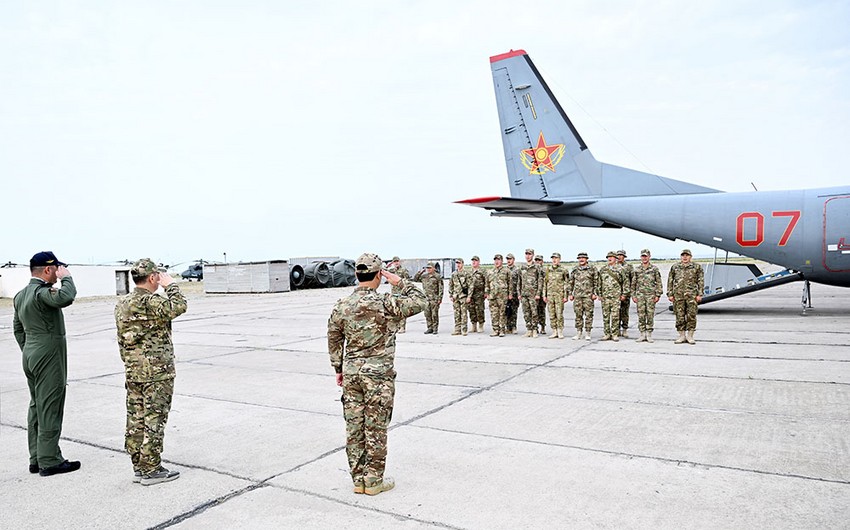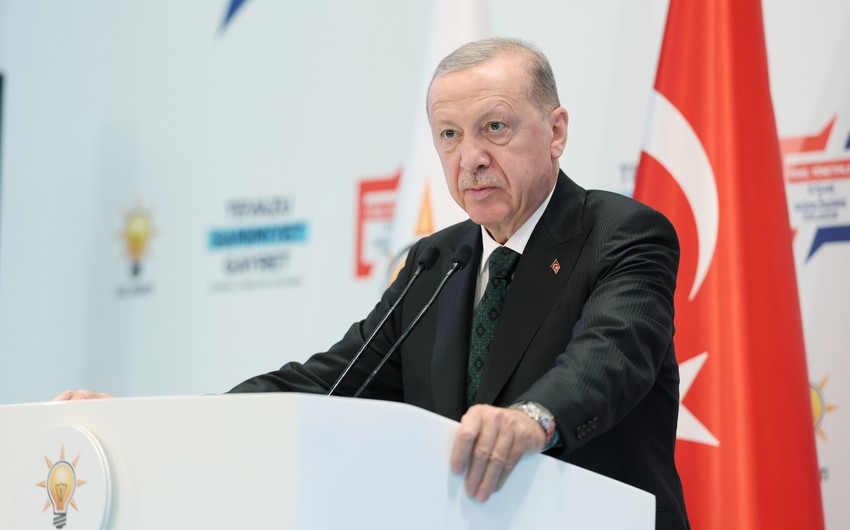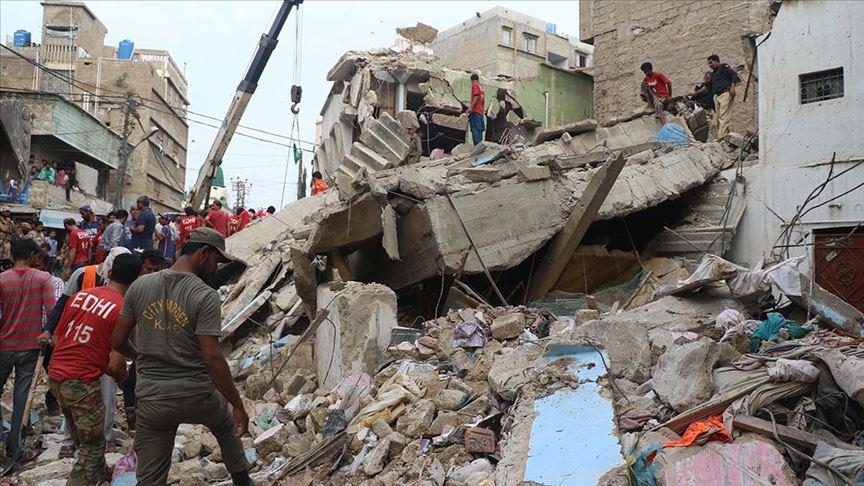On Thursday 5 March Turkish President Recep Tayyip Erdoğan and Russian President Vladimir Putin met in Moscow to hold discussions on the escalation of the tension in Idlib, where Syrian army and Turkish troops have clashed each other after strong offensive launched by Assad forces on Turkish military positions martyred 33 Turkish soldiers. After face-to-face meeting between Erdoğan and Putin, Turkish and Russian delegations together with leaders of their states made serious discussions on the de-escalated territory in northern Syria during six hours talks. As a result of hard talks, both sides reached agreement on the joint official documents declaring ceasefire in Idlib. Ceasefire deal has already come in force.
Touching on next successful diplomatic step by Ankara and Moscow, some experts regard that this agreement would not provide permanent silence in the region, and ceasefire would be again violated.

Eurasia Diary took interview from Ümit Nazmi Hazır regarding the ceasefire deal on Idlib in northern-west Syria. Ümit Nazmi is Turkish analyst on Eurasian Studies. He is Ph.D. candidate in Political Science at the Higher School of Economics in Moscow. He was a lecturer at the Russian-Turkish Center for Educational and Research of RGGU in Moscow in 2014- 2015. Turkish analyst focuses on Eurasian politics in terms of IR theories.
- Turkish President RecepTayyipErdoğan and Russian President Vladimir Putin have reached agreement on the joint documents in order to cease all military actions and restore de-escalation in Idlib. Although ceasefire agreement is next diplomatic breakthrough between two sides, some experts suspect that ceasefire is destined to fail. What is your opinion about that? Would this agreement really serve for maintaining long-term peace?
There was a rising and high tension between Russia and Turkey. Hence, the main reason of this meeting was to solve the uncontrolled crisis between Turkey and Russia immediately rather than reaching a long-term peace. This meeting hindered a catastrophe in Turkish-Russian relations, but did not provide a permanent solution in Idlib and Syria. Because, both sides still have different perspectives and approaches towards the Syrian issue. Turkey’s priority is to remain and provide the security of four million Syrians in Idlib. If Turkey withdraws from the region, they would be under threat and pushed to Turkey by the attacks of the Syrian regime. This would be a new refuges crisis for Turkey. To point out that the Syrian refugee problem diminishes the support of Turkish people for President Erdoğan. On the other hand, the priority of Russia and the Syrian regime is to regain Idlib. I don’t think, Idlib ceasefire will be permanent. New crises could emerge again in the long-run. Also, I would like to point out that as a result of the Idlib crisis; there is a loss of trust and disappointment about Russia in Turkish society and political elites.
- Another important point in the agreement envisages setting up security corridor along M4 highway in Idlib. What is the main goal for the establishment of that corridor in de-escalated zone?
The Syrian regime has been targeting to control both the M4 and M5 highways. Because, these highways are crucial to link Latakia and Aleppo as well as Latakia and Saraqib. According to the agreement, the M4 highway will be controlled by Turkey and Russia together which would prevent Russian and Turkish troops encountering. On the other hand, the M5 highways is not mentioned in this agreement. This means that the M5 would be under the control of the Syrian regime. This is a gain of this agreement for Syria.
- From your viewpoint, during hard talks what other important issues should have been included in the agreement that have not been settled yet?
At the meeting, while Turkey was emphasizing the protection of the civilians, Putin underlined the territorial integrity of Syria and fighting against the terrorists. Russia defines some Turkish backed opposition groups in Syria as terrorist. Hence, Turkey and Russia do not share a same approach on the definition of terrorists. Besides, Russian media accuses Turkey of not implementing the Sochi agreement totally. All these demonstrate that a permanent solution has not been achieved yet and the problem would continue.










